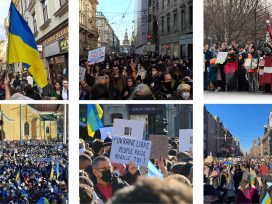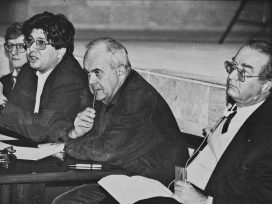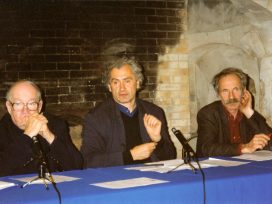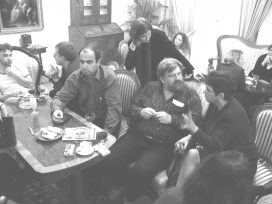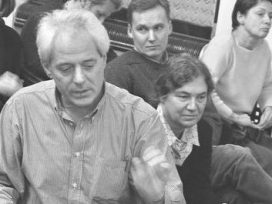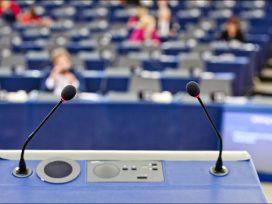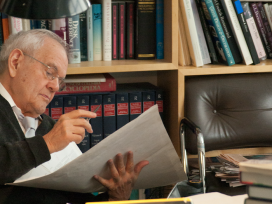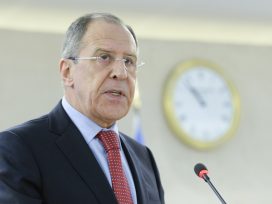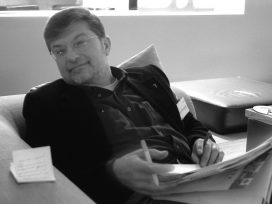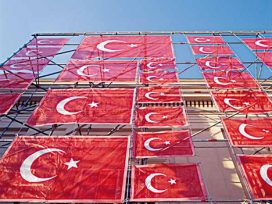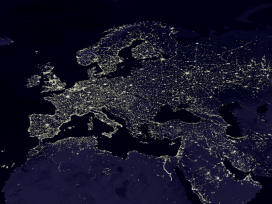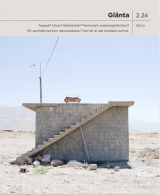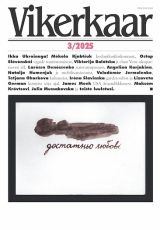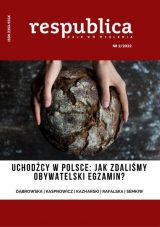When the financial crisis made clear the extent of western banks’ involvement in eastern Europe, concerns surfaced about the effects on western economies, re-awakening perceptions of the East as unruly and unpredictable. In the East, meanwhile, suspicions were reinforced that the West was interested in the new EU member states only insofar as they provided an opportunity to expand existing markets. What are the ethical and political implications of a globalized economy in general, and of western companies’ expansion in eastern Europe in particular? What does the European integration project really mean, not only economically but also at a social and cultural level? Romanian economist Daniel Daianu met Austrian author Robert Misik in Bucharest to discuss whether the failure of existing political and economic structures has opened up a new-old East-West divide. Moderated by Mircea Vasilescu, editor of Dilema veche and Carl Henrik Fredriksson of Eurozine.
